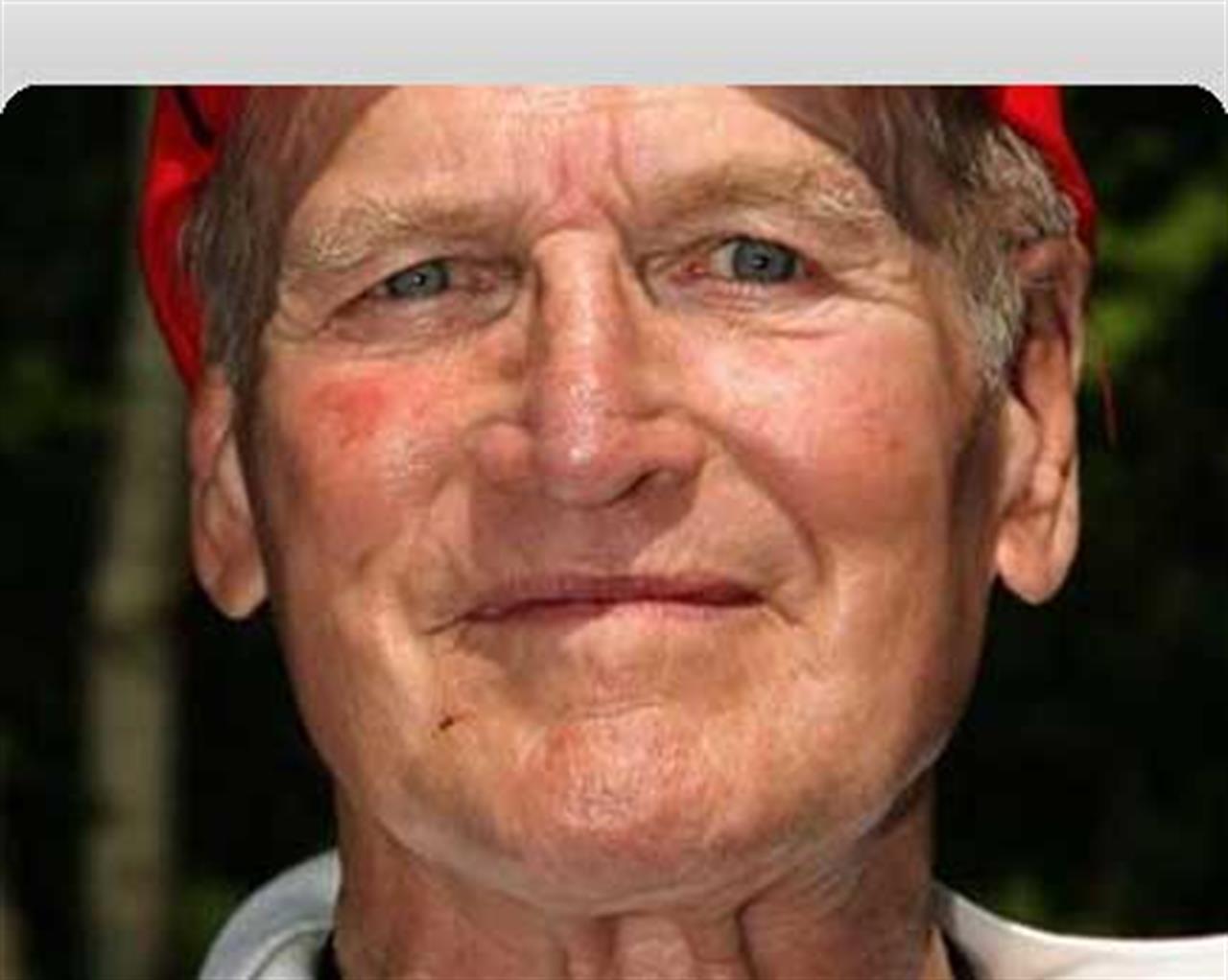Non profit
The global philanthropist
In memory of Paul Newman, who died at 83 on September 26 following a long battle with cancer, we have chosen to publish an interview with him two years ago during a visit he made to Italy. The topic? Philanthropy, of course …

“Setting a good example is the best fundraising technique there is”. Paul Newman speaks from personal experience. His Oscar winning face is plastered across all the products of Newman’s Own, a food company he founded in 1981 with the aim of giving all its profits to charity. A blatant marketing scam? Yes, but also the irony of a Hollywood star who aspired to be a philanthropist, what he calls: “Shameless exploitation for a good cause”.
Whatever it was, it worked. To date, Newman’s Own has donated more than 200 million dollars to the third sector. And the network of Hole in the Wall villages that the actor founded in 1988 to host holiday camps for children with serious illness’ now has a network of 23 thousand funders spread across the globe. Individuals, foundations and companies. No governments, no World Bank and no international agencies. “Sometimes I am tempted to turn to them, but the temptation evaporates straight away: the non profit sector is, today, the only sector that is actually prepared to risk anything to make the world a better place” is Newman’s answer.
I meet him in Milan, on invitation from the Dynamo Foundation, that will open the first Italian Hole in the Wall village, in San Marcello Pistoiese. Newman will give them 1 million dollars straight away. I recognise the macho from the Sting, who is 81 years old now, by his eyes. Blue. On top of a skinny body, so frail one is scared to touch him, framed by a transparent face. As transparent as his ideas: “Some call it social responsibility. But philanthropy should be called by its name: as far as I’m concerned it means investing in the community”.
And to show off to the public?
To use it to give a good example and create an incentive for a culture of giving. There is no need to go over the top, the simple act of giving gives back so much.
How does philanthropy pay you back?
Feelings. Moments of happiness. I remember an episode that happened to a young girl with bone cancer. In one of our camps she met an older woman with the same illness and when the older women left she turned to me and said: “Paul, she’s wearing heels!” Heels, you see? Giving children back the confidence they loose when they fail to understand why an illness had to choose them actually takes very little. But these are injections of confidence that they will take with them for ever. Seeing things like this makes it impossible to not want to give. Giving is contagious.
In Italy philanthropists don’t tend to come out into the open. It is rare to hear of large donations for one cause or another. Is it a problem related to incentives, tax breaks, wealth or culture?
Incentives are very important. Having said this, generosity is a universal feeling. Over the course of time Italians have given a lot to the church, and maybe this explains why their generosity is less public. The important thing, in any part of the world, is to invest in non profit ventures. In little projects that can have a great social impact. It is exciting to think of how many good ideas are out there.
For example?
A few weeks ago I acted as guinea pig for a simple but revolutionary project: a machine, the size of a washing machine, that turns even the most putrid water into drinking water. And in a very simple way: it separates clean water by turning it into vapour and releases the dirty water through a plastic tube. It is a machine that can produce one thousand litres of clean water a day from the dirtiest water you can imagine. I tried it, and I’m here.
Is this what you mean by taking risks?
More than one billion people in the world don’t have access to drinking water. Faced by a problem like this, only those who aren’t prepared to take risks – like the World Bank and governments – answer by building the enth, inefficient big dam in the South.
When will the machine be launched?
We are looking to find an efficient, low polluting motor to power it.
Will you patent it or will you let people in the South copy it?
It was invented by Dean Kamen, a brilliant entrepreneur who also invented a machine that allows people to have dialysis at home. The patent is his and he has promised to only use it for medical purposes. The commercialisation of the machine will be left to me and my philanthropic partners so that the billion people who haven’t got access to water can benefit from it. The business model is inspired by the Grameen Bank: create a network of micro-entrepreneurs who help the community.
Does the machine already have a name?
To be honest, I haven’t thought about it. God?
Find out more
17 centesimi al giorno sono troppi?
Poco più di un euro a settimana, un caffè al bar o forse meno. 60 euro l’anno per tutti i contenuti di VITA, gli articoli online senza pubblicità, i magazine, le newsletter, i podcast, le infografiche e i libri digitali. Ma soprattutto per aiutarci a raccontare il sociale con sempre maggiore forza e incisività.
